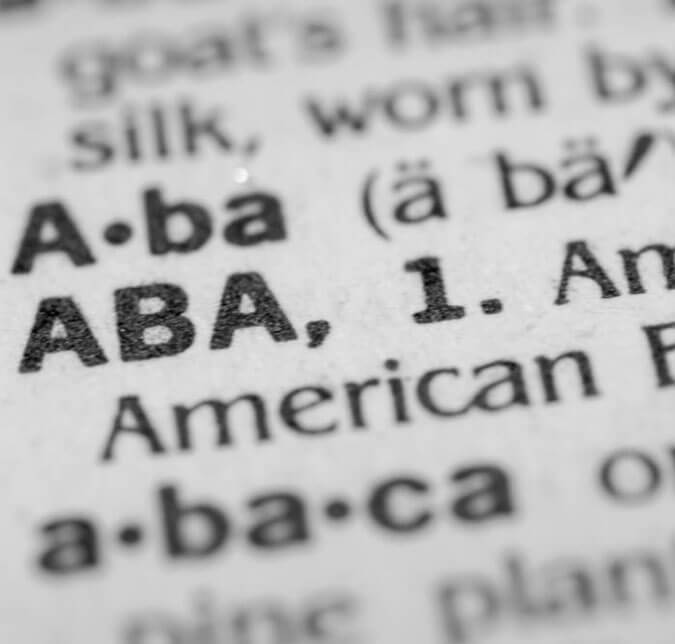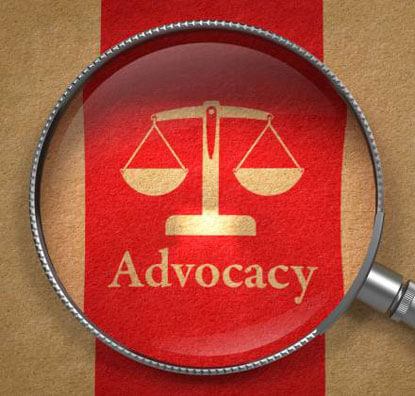Summary: Four senators have introduced a bipartisan bill to create a congressional clerkship program.
Four bipartisan senators introduced a bill today that seeks to “improve the business of Congress and increase the public’s understanding of its work by establishing a structured congressional clerkship program for recent law school graduates and young lawyers.”
In a press release from Senators Mike Lee, Lee (R-UT), Patrick Leahy (D-VT), John Hoeven (R-ND), and Ted Cruz (R-TX) announced that they had introduced the Daniel Webster Congressional Clerkship Act, a bill that Lee said would provide a structured program for recruiting and hiring law school graduates.
This bill is named after Daniel Webster, a lawyer and legislator.
“Unlike the Executive and Judicial branches, Congress currently lacks a structured program for recruiting and hiring recent law school graduates,” Senator Lee said. “Too often this means that new attorneys, who are otherwise qualified and eager to work for Congress, do not even consider a congressional career and are instead pursuing other opportunities.”
Senator Leahy also said that other branches of the federal government had clerkship programs, but there was no formal one in place for Congress clerks.
“A clerkship can provide invaluable experience to a young lawyer at the start of his or her career,” Senator Leahy said. “The federal judiciary has long had a clerkship program that teaches recent law school graduates the workings of the judicial branch. Yet there has never been a formal clerkship program in Congress. Creating a pathway for more young lawyers to gain an understanding of how Congress works and the value of public service will lead to a greater embrace of public service. I am proud to be introducing once again bipartisan legislation to encourage more young lawyers to work in the Congress.”
If the legislation passes, Senate and the House Committees will be responsible for selecting at least six clerks annually for the one-year program.
“Providing recent law graduates with a clerkship in the Senate or the House will help us attract some of the nation’s best and brightest to public service,” Senator Hoeven said. “The Daniel Webster Congressional Clerkship Act will create a formal program to involve new lawyers in the work of Congress and provide an opportunity for them to see firsthand representative democracy at work.”
The bill was drafted by the four senators along with of Larry Kramer, former Dean of Stanford Law School; Robin West, law professor at Georgetown University Law Center; Bill Treanor, Dean of Georgetown University Law Center; Abbe Gluck, law professor at Yale Law School; and Dakota Rudesill, law professor at Ohio State. It is intended to attract top talent to learn more about the legislative process.
“For many years, the brightest young minds coming out of law school have flocked to the federal courts and the executive branch for clerkships and fellowships,” Senator Cruz said. “Unsurprisingly, this has contributed to the legal profession’s excessive focus on litigation and bureaucratic regulation, at the expense of legislative knowledge and development. The Daniel Webster Congressional Clerkship Act is a small, yet important step in the fight to change that trend. Ideally, the Act will better position Congress to obtain top-notch services from stellar law school graduates, and it will give those graduates access to—and a much better understanding of—the legislative process.”





































